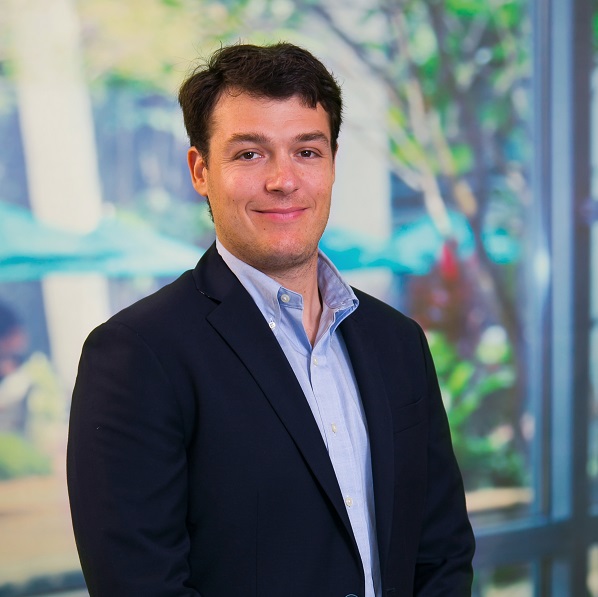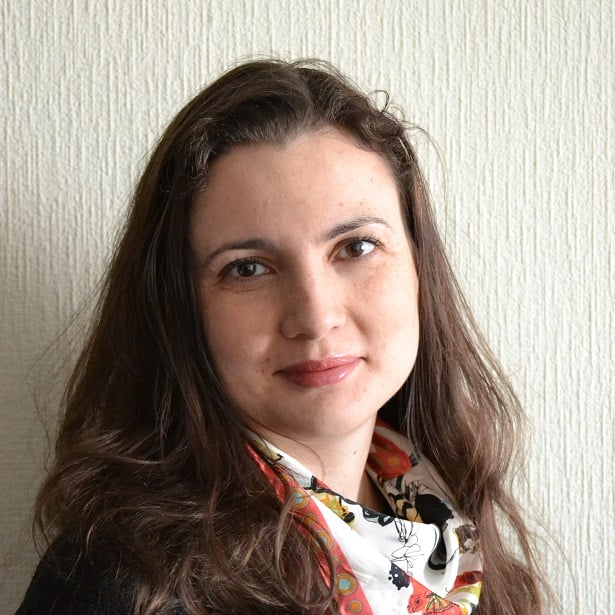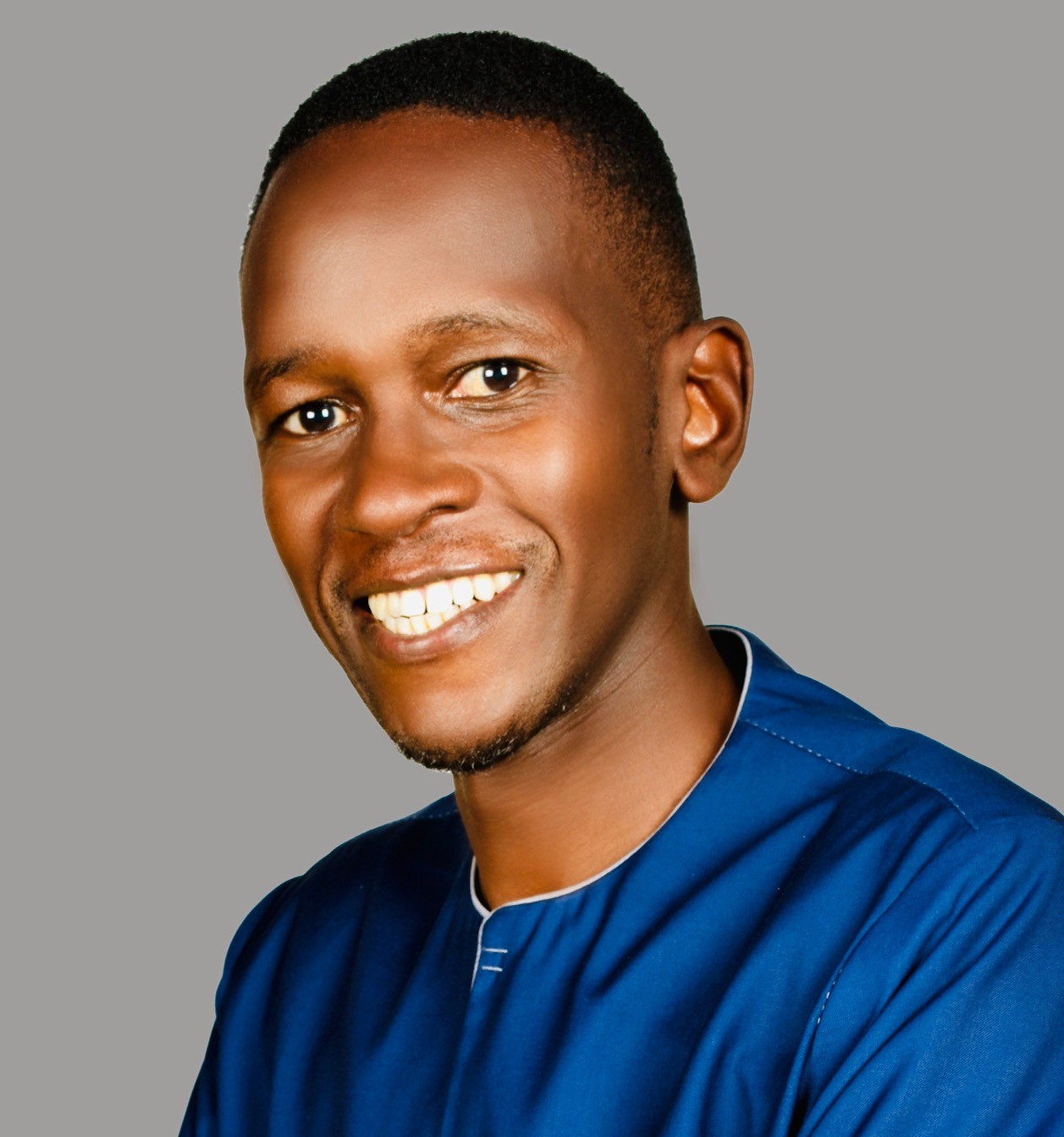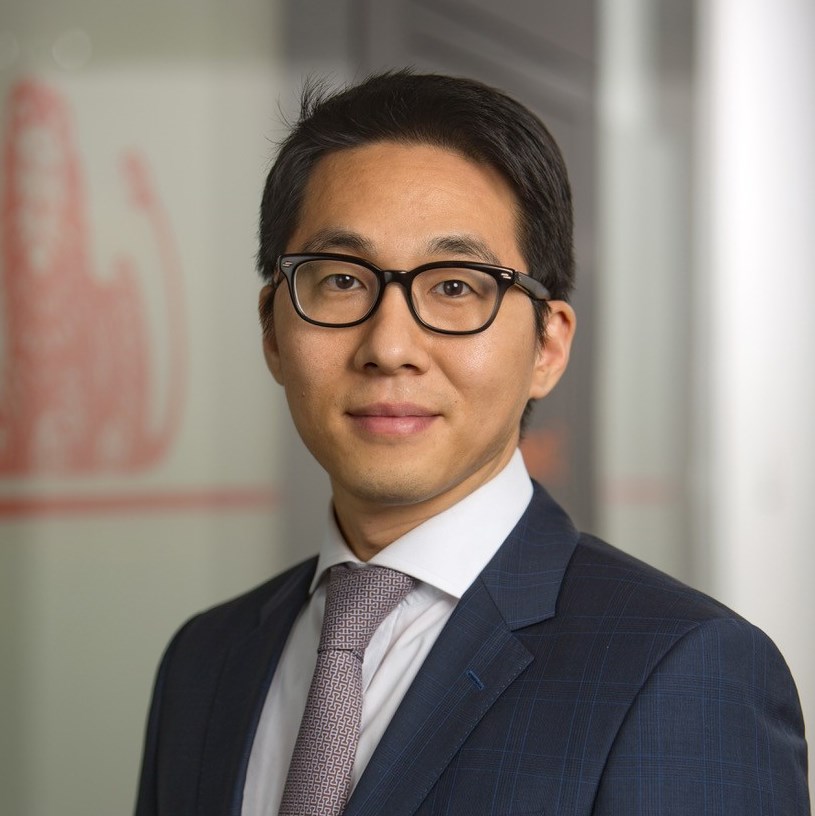I was impressed that INSEAD really had their best-and-brightest faculty teaching all the modules - the school really brought the “A Team.”
Sam Kunzman

What made you decide to do a Master in Finance?
It sounds a bit self-serving, but when I was an undergrad, I asked my uncle what “rich guys” did for a living. He said they were all in finance or banking. That simple insight was my entrée into the study of finance. The problem was I am from New Mexico and there aren’t many traditional high-finance jobs like investment banking or trading, it was also 2009 and there weren’t many jobs, period.
So, I ended up in project management in the defense industry. I was still interested in learning and pursuing a finance career, so I decided the next logical step was an MBA. While an MBA is great in many ways, it is a generalist degree. You are going to learn about marketing, strategy, quantitative analysis, and accounting/finance to make you a well-rounded young executive.
However, you aren’t going to go in great depth in any one area – even in the electives. In my MBA programme, I took a corporate finance class, and several electives around things like financial analysis/capital budgeting/valuation. However, I still felt like I really was still intermediate in my knowledge of all things finance.
That is when I started looking into a specialised finance master’s programme. In my research, these programmes were much more focused on going several levels deep in things like corporate finance or derivatives pricing.
The programme that really stood out most to me was INSEAD’s Executive Master in Finance (EMFin) for three reasons:
1) The school’s reputation is incredible and it has an outstanding alumni network that is truly global.
2) The programme was part-time and taught in modules, so I wouldn’t have to quit my job.
3) It is the most diverse business school based on applicants' nationalities so it would allow me to make friends with people from all over the world.
Did the INSEAD EMFin meet or exceed your expectations?
The INSEAD EMFin exceeded my expectations.
From a scholastic standpoint, I was impressed that INSEAD really had their best-and-brightest faculty teaching all the modules - the school really brought the “A Team.” I was also surprised at how good of friends I made in the programme. One of the key benefits of doing any business school programme is gaining a network of like-minded people to lean on. I expected that I would make friends, but I never expected how close all of us would become.
I still talk to several members of my class every week and when we have raised money for our Edge Capital real estate private equity funds, my classmates have always been there. Some have invested, while others have given advice or made introductions, but the support has always been incredible.
It hasn’t just been my fellow EMFiners either, we shared a module with the Global Executive MBA (GEMBA)s in France and we made good friends with them as well. The GEMBAs have also helped grow our Edge Capital business which was a surprising ancillary benefit of the programme.
What is one module that you enjoyed most, and why?
This is a tough question; I think the module I got the most out of academically was Module II. It was by far the most difficult as it was Corporate Finance II and Capital Markets II. It blew past everything I had ever seen before in either an MBA programme or in the books I had read about finance.
For Corporate Finance II, we were learning about cutting-edge stuff around signalling, costs of financial distress, volatility, and optimal capital structures. For Capital Markets II, we did a ton of valuation work around derivatives which I was at a pretty big disadvantage compared to many in the rest of the class who did this for a living as traders, or had done similar work in investment banking in pricing things like convertible bonds or warrants.
However, the best experience of the entire programme was Module IV in France which was the one that we did with the GEMBAs and the TIEMBAs (Tsinghua-INSEAD EMBA). From champagne tasting, to runs in the Fontainebleau forest (where we got lost…), to the world cup soccer tournament we did between the different programmes while the actual world cup was going on, and a national dress party at Chateau Fontainebleau, it was definitely a once-in-a-lifetime experience.
How did the EMFin help you in your career?
I have mentioned a few times throughout this testimonial Edge Capital, which is the real estate private equity company that I run with Cory Sutphin (my business partner) here in Albuquerque, New Mexico. In the past two years, our real estate fund has really taken off as each year we have doubled the equity funds raised and assets-under-management.
However, Edge Capital’s growth and success is inextricably linked to my time at INSEAD. At the time the programme started, we owned three properties (with a total of 14 units), and we had just closed our first syndication (a deal where we raised outside equity capital from investors). One of the goals Cory and I had when I started the EMFin programme was to learn how to structure a fund and build a network to then raise a private equity fund.
The Private Equity module was integral into how to structure the fund, from things like determining what fee structures were common to how much equity are the sponsors required to put up in the offering. That module also went in-depth on how sponsors raise money from institutional investors and what types of rates-of-return do different types of investors expect.
We then utilised our Capstone Project as an opportunity to do create a private placement memorandum for raising money. We showed the exceptional risk-return dynamics of smaller markets for multifamily in the US and displayed our track record of success to get the interest of several INSEAD faculty and students, many of whom invested in our first fund which was the Edge Capital II, LLC platform.
What is one important lesson that you learnt from your Capstone Project?
The biggest lesson from the Capstone was, don’t be afraid of putting something out there and failing. In our Capstone, our major goal was to solicit the interest for an investment from our faculty adviser (who was a very senior and reputable professor). We weren’t embarrassed to ask for something and his desire to get involved ended up catapulting the entire fundraising process.
What advice will you give to potential EMFin participants?
It is a bit trite, but I would say just make the time and do it. There really isn’t a good time to do a Master in Finance programme, and it will require sacrifices of both you and your family's time, as well of the financial burdens of doing a top flight business degree programme. The logistics are difficult as well, especially if you are from North America, as you make the trek to Singapore five times.
However, it really is an awesome experience, you will learn so much and build such a great network, and eventually you get used to the 20 or so hours on plane it takes to get there.




